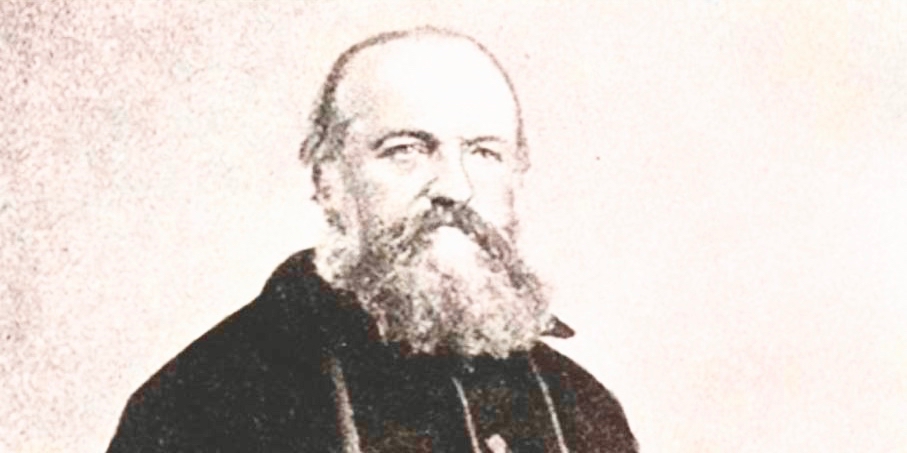
As recently explained elsewhere, I have decided to place at this site some old reviews originally written for Amazon and concerned with Eliphas Lévi.
And as I have further explained there, I do place them here with a warning: Caveat Lector.
For while there is much that is beautiful in the mature Eliphas Lévi, there is also that which is less than beautiful.
In any event, here with a little revision is my old review of The Key of the Mysteries . . .
*****
‘A difficulty approaching Lévi’s work is that his books are marketed under the heading of magic. Yet the later Lévi moved steadily away from such.
As Valentin Tomberg, the anonymous author of Meditations on the Tarot wrote:
`Eliphas Lévi – this intrepid magician who evoked Apollonius of Tyana in London – having surpassed the bounds of ceremonial magic concentrated on the mysticism and gnosis of Christian Hermeticism. He passed through the Faustian trial …’
Anonymous, Meditations on the Tarot, p. 598.
Many people who come to the later books may be expecting magic – only to be disappointed, because there is far less magic in them and far more elements of a very mixed kind, including autobiography, a roughly sketched philosophy, social and political comments on his time—and I would say, a frequently sublime and beautiful Christianity.
I use the word `frequently’ most advisedly. These books – of which this is a good example – turn from one subject to the next with rapidly fluctuating levels of quality. They are very uneven. Why do I so appreciate this book, then?
Because what is beautiful here, is so very, very beautiful. There are so many, many gems scattered throughout this book. They are gems of an understanding of the sublime mystery of Calvary; they are gems of an immensely human and humanitarian thinker, who deserves not to be forgotten.
Lévi is also notable because, although he could be seen as one of the fathers of the New Age movement, he does not have a `New Age politics’. This is to say, Levi expresses sentiments which New Agers could easily relate to, while at the same time he does not share the New Age rejection of religion and the establishment.
For example, Lévi has much to say regarding to say regarding the symbols and hermetic correspondences between different worlds – but his social and political vision is deeply Catholic.
For Lévi is writing some decades after the French Revolution tried to destroy the Church. Indeed in his time, there is ongoing subversive activity to bring down the Church or severely restrain her freedom. Lévi would align himself with the Church. He seeks a renewed Church vigorously supporting and informing the established order.
Many of the thoughts here seem like rough drafts of what the anonymous author of Meditations on the Tarot would later develop with more finesse. And those who know this astonishing book will realise how much Eliphas Lévi was a seminal figure for that author’s redemptive work.
Scattered through Meditations on the Tarot are numerous references to help us understand what was at stake with Levi. For this same purpose, I would also recommend the beautiful little biography by Thomas A Williams: Eliphas Lévi Master of the Cabala, the Tarot and the Secret Doctrines.
Oh, Eliphas Lévi, beautiful humanitarian and lover of humanity and Christ. What more can I do to recall the living memory of your wide generous heart, open and pulsing with wave after wave of love …
Perhaps I will just leave the reader here with a single quote from The Key of the Mysteries. It is a quote regarding Voltaire – the ‘philosophical father’ of the Revolution, which, when all its tensions and paradoxes are slowly contemplated, may reveal how deeply your heart felt and loved …
`We will not speak of the criticism of Voltaire. That great mind was dominated by an ardent love of truth and justice, but he lacked that rectitude of heart, which the intelligence of faith gives.
Voltaire could not admit faith, because he did not know how to love.
The spirit of charity did not reveal itself to that soul which had no tenderness, and he bitterly criticized the hearth of which he did not feel the warmth, and the lamp of which he did not see the light.
If religion were such as he saw it, he would have been a thousand times right to attack it, and one would be obliged to fall on one’s knees before the heroism of his courage.
Voltaire would be the Messiah of good sense, the Hercules destructor of fanaticism. …
But he laughed too much to understand Him who said: “Happy are they who weep,” and the philosophy of laughter will never have anything in common with the religion of tears.’
Foreword for Monarchy by Roger Buck
Buying Books at Amazon Through These Links Gives Us a Commission. This Supports Our Apostolate. Thank You if You Can Help Us Like This!

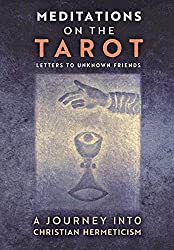
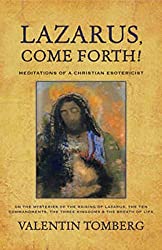
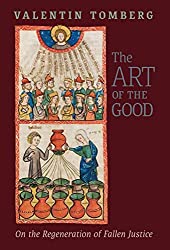
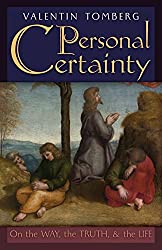




Comments
comments are currently closed
One response to “Eliphas Lévi and The Key of the Mysteries”
[…] Cor Jesu Sacratissimum HomeAbout UsKim's WeblogRoger's WeblogWebburstsReviewsImagoArticlesUK StoreUS Store « O Eliphas Lévi … Book Review: The Key of the Mysteries by Eliphas Lévi » […]